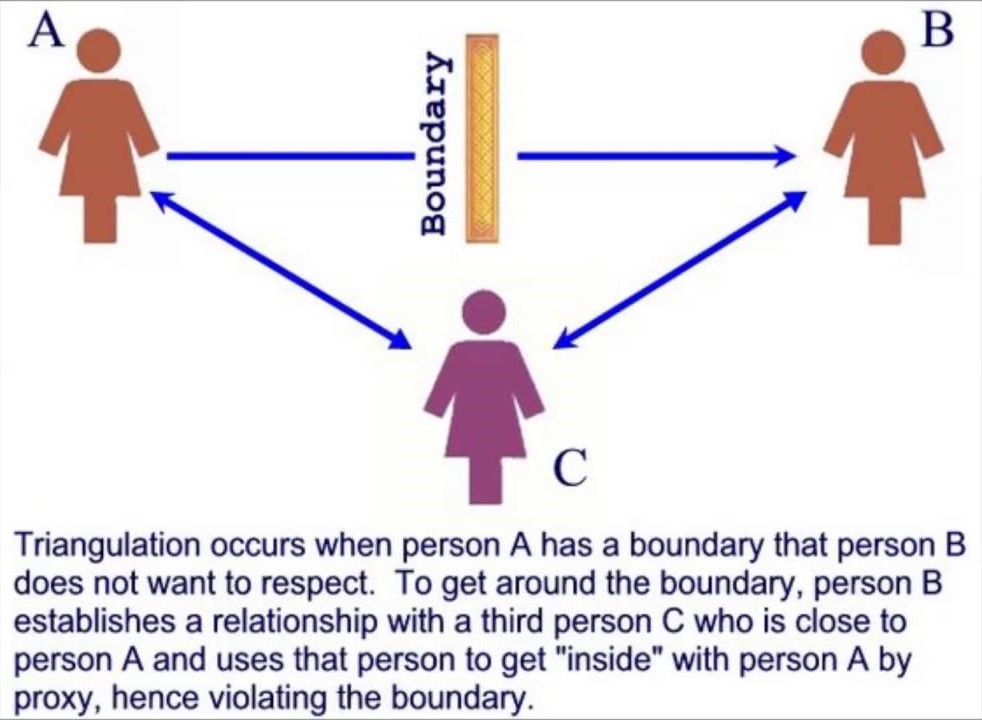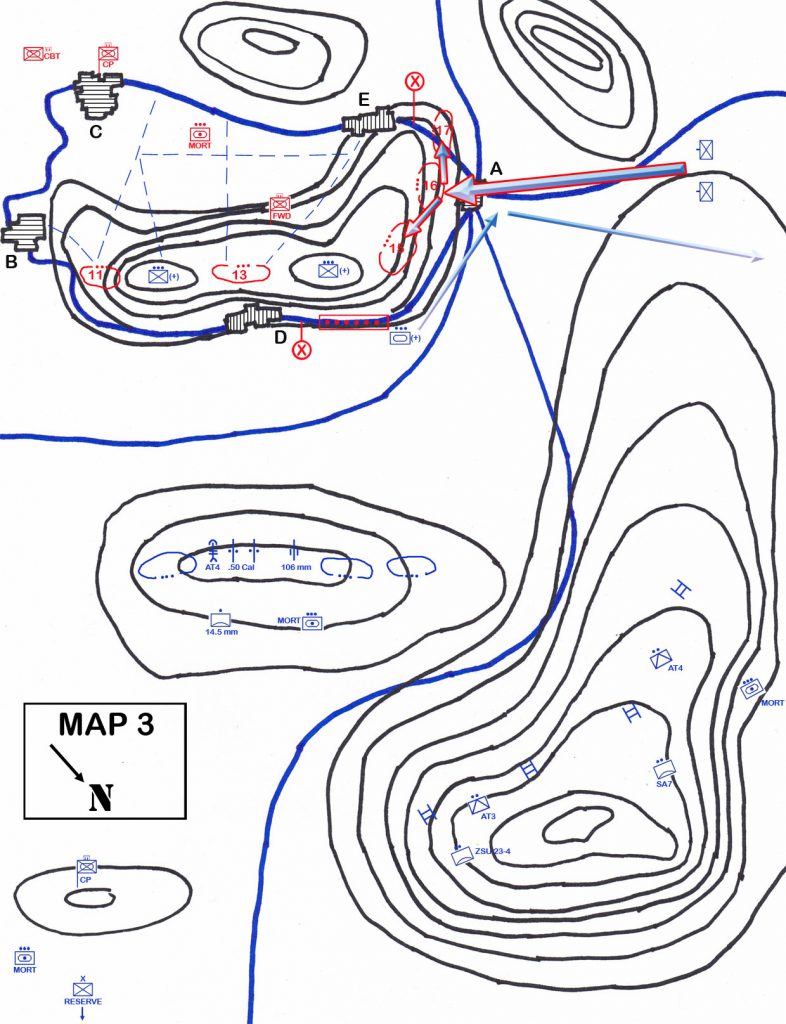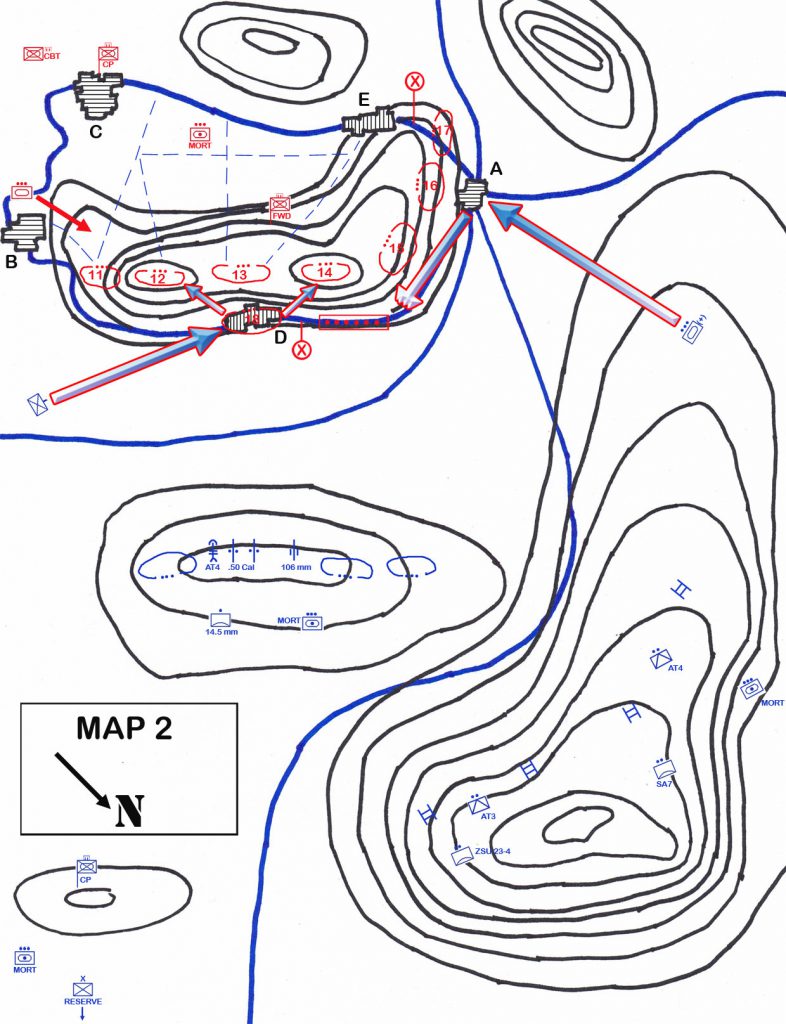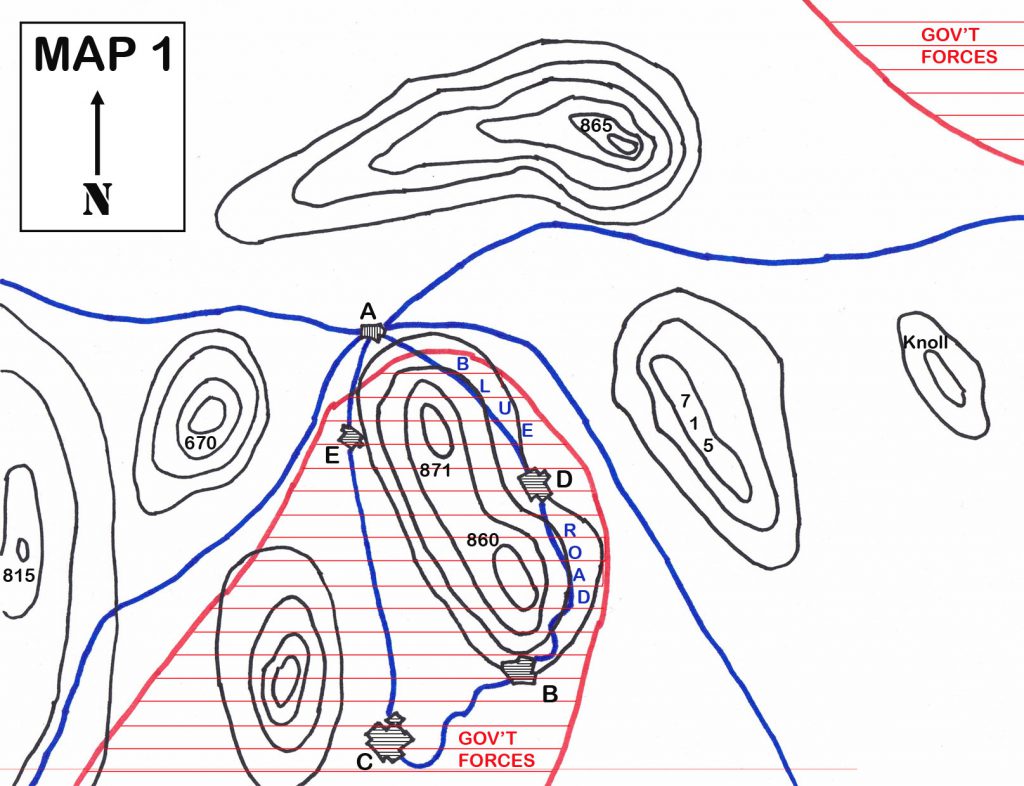January 2024

I the real world there is no nature versus nurture argument, only an infinitely complex and moment-by-moment interaction between genetic and environmental effects.
Gabor Maté
I was raised by two narcissists and subsequently in adult relationships with several more. I was married to a female psychopath for several years as well. I’ve spent the last five years deconstructing all the toxic psychological trains that have run over me through the course of my lifetime. I’ve learned a lot. Their tactics are predictable, consistent … and above all they work almost every time. So, why don’t I use them as well? I’m really not sure.
The “nurture” view of psychology asserts that psychologically disordered environments produce psychologically disordered children, and later adults. Narcissist parents produce narcissist children. Psychopath parents produce sociopathic children. Repeated exposure to such environments produces people with anti-social personalities. If this is true, then why, after 50 years of exposure to this, am I not a narcissist or sociopath? Two very simple reasons. Conscience and empathy.
However, the real mystery is where I got both conscience and empathy. I remember them being there from earliest childhood, but my parents certainly did not teach them. They modeled the exact opposite behavior. Both their highly toxic and dysfunctional families did not teach them either. Living as a light-skinned foreigner in a land of dark-skinned people who made it a point to ridicule and abuse me because of my differences, did not instill it either. So where did it come from?
If it was genetic, then it ran contrary to every other person in both my extended families. You would be hard pressed to find a more evil, self-centered and selfish group of people. If it was a gene, then it must have mutated when I was produced. If it was environmental, then it was in spite of everything I experienced, which runs contrary to the “nurture” paradigm. Believe me, I have often wanted payback because of what I experienced. Especially now that I know the tools of the trade and they would be so easy to implement. I’ve seen conscienceless people get what they want time and again by using others, yet I still will not do it. Conscience and empathy.
Whenever I contemplate hurting or using someone because of how they have hurt or used me, the main thing I think about is the pain I felt, often still feel, from what they did to me. I don’t want to be responsible for causing that in another person, even if I hate that person and they acted deliberately. Society, and even the Bible in some cases, justifies payback in such cases, yet I refrain. If the person who hurt me did so unintentionally, or even carelessly, I want to do it even less. If I still care for, or love, the person in question, then it is an impossibility.
I could easily use a person. String them along. Play the back-and-forth ping pong game of manipulation while I control them. The buttons are all there. Everyone has them. Easy to find and easy to push to get predictable results. Yet I find it distasteful. Why? Everything I was taught and have experienced indicates that manipulating and using others is a winning strategy. Also, the cause of the pain I feel is my own conscience and empathy. Doing away with both would make life so much easier and lucrative. I have a compartmented mind, so I believe I could suppress them enough not to have them affect me. Yet I do not want to do so and here I am.
The most I am capable of doing is cutting ties and walking away. It took decades to learn that and break out of the also predictable cycle of co-dependent abuse. Today, if a person who hurt me is unrepentant and shows they are unrepentant, I am gone without ever looking back again. I feel zero guilt or remorse for it. After all, I have refrained from paying them back what they deserve, so they are getting the better end of the deal. Walking away does nothing to ease my pain, however. Pain, it seems, is the ever-present byproduct of conscience and empathy.
It is insanely easy to use someone if you just don’t care about them. Fortunately, or unfortunately, I am not wired that way. These are the cards I was dealt and I play the world’s game using them, for better or worse. I cannot go against my nature, even if it is a baffling conundrum from where that nature even originated.
Update
While studying some material from Jay Reid, a mental health professional licensed in the USA, I discovered some data that might explain how my empathy developed. Mr. Reid was describing four psychological strengths that are common to people who were scapegoated by their narcissistic parents as children. One of these strengths is empathy. He described how these children develop empathy in the crucible of narcissistic abuse. The child’s survival depended on meeting the narcissistic parents’ emotional demands and avoiding actions their parents would see as offensive. Thus the child became hypersensitive to the feelings of others, namely the parents. Mr. Reid alluded that some children are not able to develop this empathy, or do not develop it as effectively. This could be either genetic or some other environmental variable(s). I do not know.

















